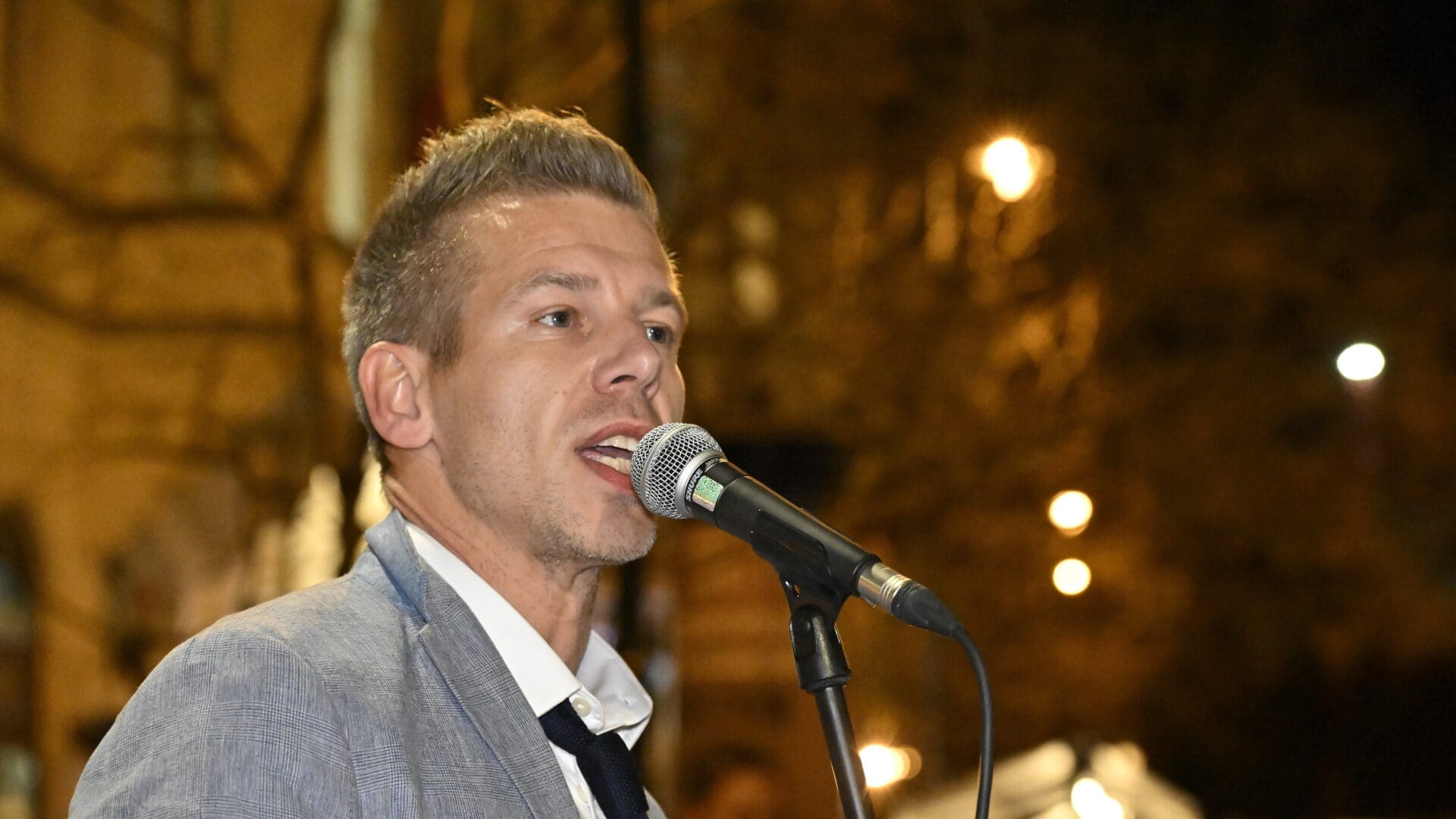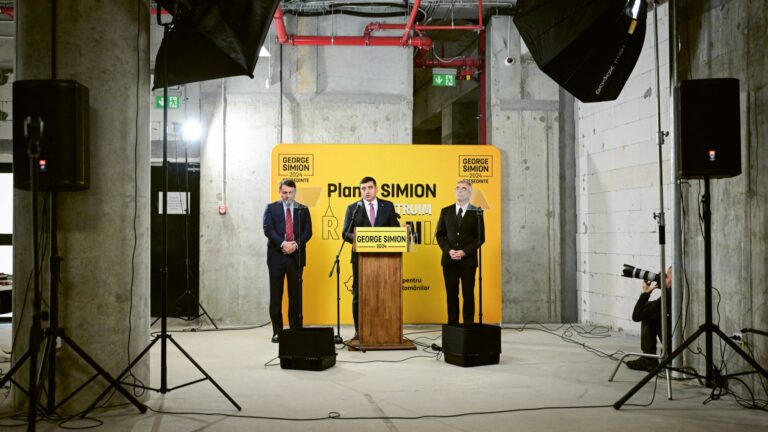Nézőpont Institute has recently conducted a survey to measure the latest trends in the support of opposition political forces following former Fidesz diplomat and public servant Péter Magyar’s highly mediatized break with the ruling party. After having alleged being aware of serious governmental abuses of office, he announced on 15 March 2024 that he plans to establish a new political party. He claims to present an alternative to the existing opposition parties, also appealing to so-called disillusioned Fidesz voters. It is important to note that Magyar happens to be the ex-husband of former justice minister Judit Varga. While many on the left-liberal side are making him out to be ‘the new hope’ of opposition politics, he is being accused of blackmail and domestic violence by his former wife.
The support for Fidesz (47 per cent) has remained unchanged compared to February, but the emergence of Péter Magyar has divided left-wing voters, according to the latest Nézőpont Institute opinion poll the findings of which were released today.
Nézőpont measured Magyar’s prospective party (13 per cent) to be in a tie with the three-party coalition of DK, MSZP and Párbeszéd (13 per cent) and the Two-Tailed Dog Party (MKKP) (11 per cent), while the biggest loser in this transformation seems to be Momentum, which fails to reach the threshold for entry into the European Parliament (4 per cent). conducted with the participation of 1000 adults through telephone interviews between 26 and 28 February, and 2 and 4 April.
The press release of Nézőpont recalls that three weeks ago, Péter Magyar announced his intention to found a party and run in the upcoming European parliamentary elections, which are just over two months away.
In its survey, Nézőpont Institute examined the impact of this new player on the Hungarian political competition. ‘The situation is clear. While Magyar tries to position [his future formation] as a centrist party, he has failed to win over supporters of the governing parties; rather, his supporters come from existing voters of left-wing parties,’ the researchers said.
In a ‘snapshot’, hypothetical European Parliament election held this Sunday, Fidesz–KDNP would still garner 47 per cent, the same as in their last survey conducted at the end of February, following the presidential pardon scandal. As Nézőpont noted, although the past two months have not been favourable for the governing parties, the upcoming election campaign, which is becoming increasingly intense, could mobilize further right-wing sympathizers. According to Nézőpont, it still seems certain that alongside the governing parties and the left-wing opposition, the right-wing opposition could also win seats in Brussels.
While 13 per cent of Hungarians would vote for Magyar’s party in the EP elections, which represents a significant shift in just a few weeks, the new party has failed to attract uncertain or inactive voters, nor has it gained significant support from Fidesz voters; its voters come largely from supporters of left-wing parties, causing losses for each of them. The survey found that the technically non-existent Magyar Party could become the third centrist party on the left, as the popularity of the joint list of DK, MSZP, and Párbeszéd is also at 13 per cent (joint lists also need to reach a 5 per cent threshold in the EP elections), while the support for the MKKP’s list is 11 per cent.
According to the researchers, this also means that what they call the ‘Gyurcsány coalition’ after the disgraced former Socialist PM and DK President Ferenc Gyurcsány was not strengthened by the joining of the two micro-parties, as it reached the same level of support in February without them. However, the MKKP has strengthened by three percentage points in just over a month, they added.
The biggest loser in the past month and a half seems to be Momentum (4 per cent, down from 7 per cent in February), meaning that instead of the two mandates they won in 2019 they would now fail to secure any seats in Brussels, potentially losing significance within the left.
Related articles:
Sources: Hungarian Conservative/Nézőpont Institute








